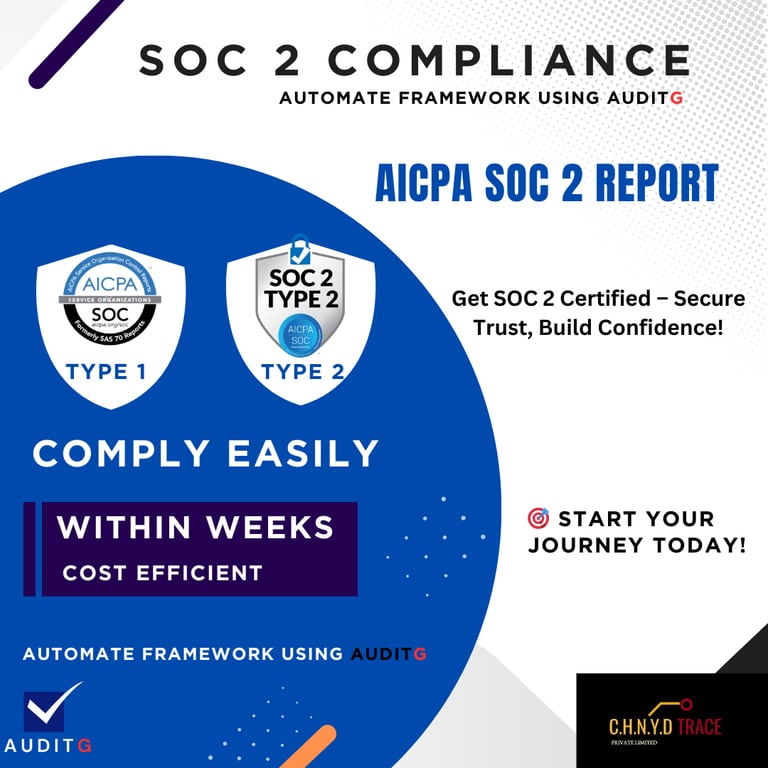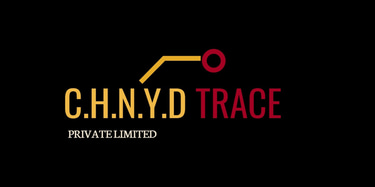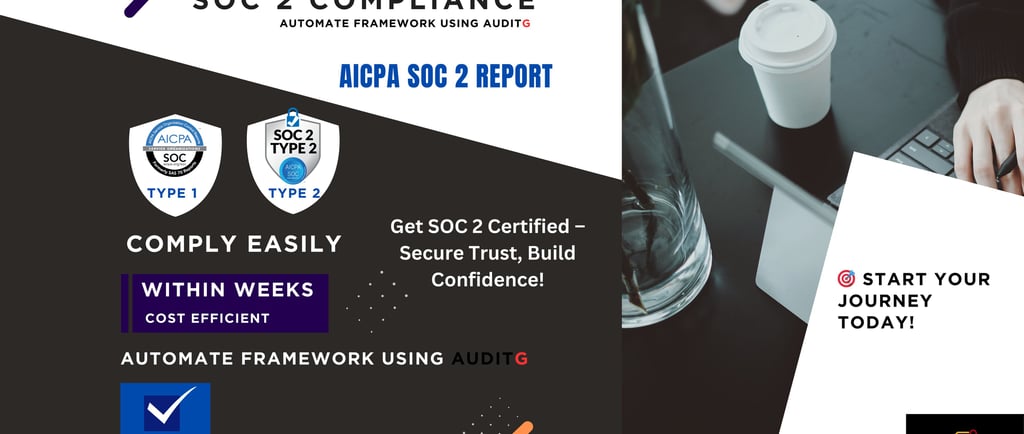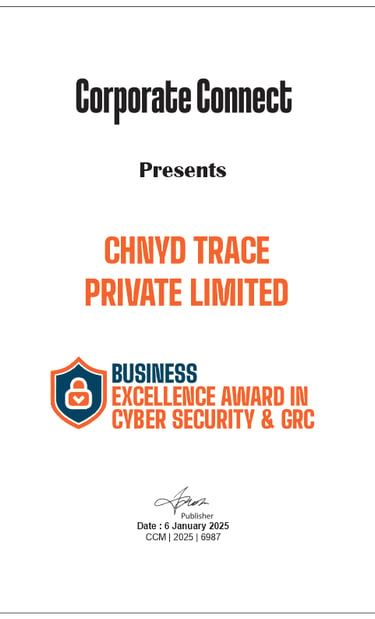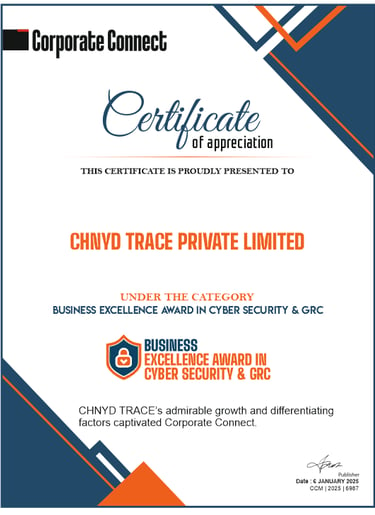soc 2 certification cost
SOC 2 Certification Cost: Breaking Down Expenses for Startups and Enterprises
11/30/20245 min read
Introduction to SOC 2 Certification
SOC 2 certification is a framework developed by the American Institute of Certified Public Accountants (AICPA) primarily aimed at service providers, especially in the technology sector. This certification focuses on a company’s controls relevant to security, availability, processing integrity, confidentiality, and privacy of customer data. Given the increasing sophistication of cyber threats, the significance of SOC 2 compliance cannot be overstated, as it serves as a third-party verification of a company’s data handling practices, thereby boosting client trust.
Companies often face stringent expectations from customers and regulatory bodies regarding how they manage sensitive information. SOC 2 certification acts as a testament to an organization’s commitment to safeguarding data, making it appealing to both startups and established enterprises. Customers are more likely to engage with businesses that can demonstrate compliance with recognized security standards, making SOC 2 an integral part of business strategy and risk management.
There are two types of SOC 2 reports: Type I and Type II. A SOC 2 Type I report assesses the design and implementation of a service provider's controls at a specific point in time, whereas a SOC 2 Type II report examines the operating effectiveness of those controls over a defined period, usually a minimum of six months. The distinction between these reports is crucial; organizations often begin with a Type I to establish baseline compliance and later progress to Type II to thoroughly demonstrate their ongoing security practices.
As more businesses recognize the importance of data security, the demand for SOC 2 compliance continues to rise. Startups aiming to build credibility in competitive markets and enterprises seeking to maintain robust security standards increasingly turn to SOC 2 certification as a gatekeeping standard for trustworthiness. The ongoing emphasis on transparency and accountability in data handling practices makes SOC 2 certification not just beneficial but essential for businesses today.
Cost Factors Involved in SOC 2 Certification
Obtaining SOC 2 certification involves several cost factors that organizations must consider, regardless of their size. These costs can be broadly categorized into direct and indirect expenses, both of which can significantly impact a company’s budget.
Direct costs are the most visible and often represent the bulk of the expenses incurred during the certification process. One of the primary direct costs is the fees associated with hiring an independent auditor. Auditors typically charge based on their experience, the complexity of the audit, and the size of the organization. Additionally, companies need to allocate internal resources effectively, which may mean dedicating staff time to prepare for the audit. The workload can be significant, as employees must gather and document evidence of compliance with the SOC 2 framework.
Another substantial aspect of direct costs includes expenses related to implementing necessary security controls. Organizations often need to invest in technology upgrades or software solutions to meet the stringent requirements of SOC 2. Such costs can encompass everything from upgrading physical security measures to investing in cloud security tools or compliance management software, all aimed at protecting sensitive data.
Indirect costs, although often overlooked, can also bear a considerable weight on the overall SOC 2 certification budget. These can include training programs for employees, which are essential to ensure that staff members understand the compliance requirements and can effectively implement security policies. Furthermore, there may be costs related to remediation efforts if any gaps or weaknesses are identified during the audit process. Addressing these issues can necessitate additional investments in resources or consulting services to rectify any non-compliance issues and enhance security protocols.
Understanding these cost factors is crucial for startups and enterprises alike, enabling them to budget accurately while preparing for a successful SOC 2 certification journey.
Estimated SOC 2 Certification Costs for Startups vs. Enterprises
SOC 2 certification costs can vary significantly between startups and larger enterprises, primarily due to differences in size, complexity, and the specific practices within their respective industries. Startups often face unique challenges as they navigate the certification process while operating with limited resources. The estimated costs for SOC 2 certification for startups generally range from $5,000 to $15,000. This range is reflective of the essential documentation and initial setup audits required to establish compliance with the Trust Services Criteria.
In contrast, larger enterprises may anticipate higher direct costs, often ranging from $10,000 to $100,000 or more, depending on their operational scope and the number of systems and processes involved. The breadth of an enterprise's network, including multiple departments and external integrations, necessitates a more extensive audit process, which contributes to increased prices. Additionally, enterprises may find themselves benefiting from economies of scale, where the per-unit cost of compliance decreases as they spread fixed compliance costs over a larger revenue base.
Several factors influence the overall costs of SOC 2 certification, including the complexity of business operations, organizational size, and industry requirements. For example, technology companies handling sensitive client information may incur higher costs due to heightened security and privacy standards. On the other hand, startups with simpler structures and fewer processes might only need to show compliance with reduced documentation requirements, which can mitigate some initial costs.
While startups may present lower baseline expenses for SOC 2 certification, their relative costs can be higher than those of established enterprises, largely because of resource constraints. Understanding these cost dynamics is crucial for both startups and enterprises looking to achieve SOC 2 compliance efficiently while balancing their budgets.
Cost Management Strategies for Achieving SOC 2 Certification
Achieving SOC 2 certification can indeed present significant costs, especially for startups and enterprises aiming to maintain compliance with stringent data security standards. However, careful management of these costs is possible through various strategies that not only streamline the certification process but also enhance your organization's overall security practices.
One effective approach to managing costs is engaging in pre-assessment consultations with a reputable SOC 2 auditor. These consultations can provide valuable insights into your current security landscape, highlighting areas that require improvement. Early identification of potential gaps allows organizations to strategically allocate resources, reducing the likelihood of costly remediation efforts later in the process. Moreover, these consultations can establish a clearer understanding of the specific requirements for achieving SOC 2 compliance, allowing for more accurate budgeting.
Another strategy involves leveraging existing policies and procedures. Many organizations already have internal controls and guidelines in place that address various aspects of data security. By mapping out these existing frameworks and integrating them into the certification process, businesses can minimize redundant work, thus saving both time and money. This not only aids in cost reduction but also reinforces the organization's commitment to operational efficiency.
Investing in reliable security software can also play a significant role in managing SOC 2 certification costs. Automation tools designed for compliance can streamline numerous processes, such as risk assessments, incident response tracking, and data monitoring. By utilizing such technology, organizations can achieve significant time savings and reduce the workload placed on their teams, effectively translating to reduced costs associated with the certification journey.
Finally, early planning and budgeting are critical for avoiding unexpected financial strains. Allocating sufficient funds and resources ahead of time can facilitate efficient processes and ensure that your organization is prepared for all aspects of the certification. By taking a strategic and proactive approach, businesses can not only achieve SOC 2 certification but also do so in a manner that is economically viable.
Contact Us for SOC 2
Reach out for SOC 2 Type 2 certification inquiries and AICPA attestation details. We're here to assist you with your compliance needs.
